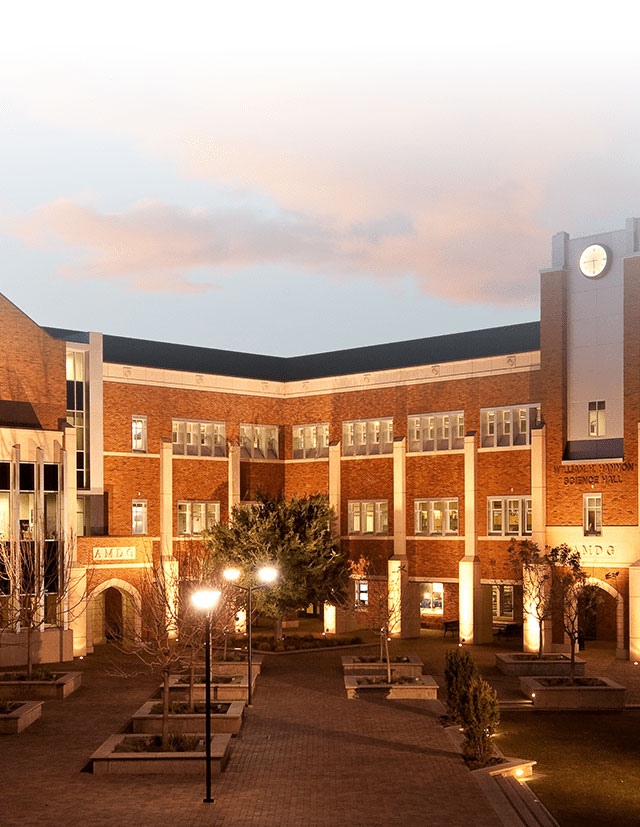Described as a faith that lives justice, DEI work is a core Ignatian worldview that presupposes the goodness in all people and recognizes that every person is charged with the Divine, created in the image and likeness of God. In this way, from admissions to alumni, the policies governing the Equity and Inclusion Domain will holistically consider the needs of the students and the adult community through a culturally responsive lens, as we transform into the people God dreams us to be.
Goal
Loyola will be experienced and recognized as a community of kinship where all are welcomed and accepted. We will actively resist any erasure and suppression of excluded communities so that students and adults of all identities and intersectionalities can thrive and celebrate with a profound sense of belonging. Loyola will…
- Become a more culturally responsive community
- Implement intentional and cohesive adult programming, professional development, and support services in this area, including administration, human resources, and board of directors
- Develop and measure any/all culturally responsive curricula across all disciplines and student activities
- Promote and strengthen the programs and processes that support equitable access for students during admissions, their tenure, and as alumni
- Exercise continuous participation and collaboration in DEI initiatives with the Jesuits West Province and the Jesuit Schools Network
Strategies
- Employ culturally responsive practices as it pertains to student admissions, activities and programming, curricular demonstrations, and curricular offerings
- Create and support the development of culturally responsive formation opportunities for our adult community
- Commit to a comprehensive evaluation and implementation of Loyola’s culture, curriculum, and community that not only acknowledges our barriers and biases, but also celebrates the ways we have evolved and have elevated voices and experiences
- Develop and share an audit of the current ongoing hiring practices: recruitment, selection, adult onboarding, continuous formation, promotion, and data collection in this area8
- Remain conscious of the truth of persons’ lived experiences, especially those marginalized or harmed in light of our Jesuit/Catholic heritage and history
- Ensure all physical and digital spaces are safe and brave for all members of the community—especially for BIPOC, LGBTQ+ students and adults
- Demonstrate our commitment to this area as it pertains to BIPOC, LGBTQ+ and their families, guardians, and caregivers
- Continually assess that commitment to this area so that it remains effective and accessible to a wide range of “students and adults of all identities and intersectionalities” as well as their families, guardians, and caregivers
Voices of our Companions
“We cannot tolerate waiting any longer for what will be enough. It is time now for our society to make real change. It is time that we here at Loyola show the courage and the fortitude to be a part of that real change.”
“It is imperative that we advocate for, demand, and promote the right to a quality education for all people. I encourage you to continue to proclaim that quality is not possible without inclusive, safe schools; schools which welcome and integrate, schools which cater for diversity, which are innovative, contextualized, and relevant.”
“What is it like to be YOU, in this space?”

